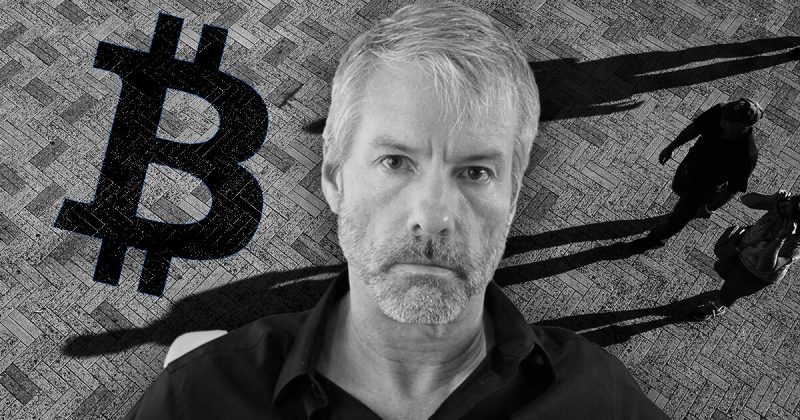Today is a historic day with Ethereum (ETH) successfully transitioning to a Proof-of-Stake (PoS) system. Environmental aspects of crypto have often caused many to speak against the industry. With the second largest crypto moving to a less environmentally stressful mechanism, let us take a look at how harmful Proof-of-Work (PoW) systems, such as Bitcoin (BTC), actually are to the environment.
Micheal Saylor, founder of Microstrategy, recently published a blog highlighting many of the misconceptions about Bitcoin mining and its impact on the environment. Saylor is one of the most popular and vocal BTC maximalists out there, and he is never afraid from sharing his opinion on the same.
Saylor argues against Bitcoin mining misinformation
According to Saylor, there is a lot of misinformation and propaganda regarding Bitcoin Mining. Saylor claims that BTC mining is one of the cleanest use of electricity. Moreover, he says that the developments made in its energy efficiency are the fastest in any industry.
Saylor argues that the Bitcoin network is currently worth $420 billion, and is powered and secured with an estimated $4–5 billion in electricity.
As per Saylor’s blog,
“The value of the output is 100x the cost of the energy input. This makes Bitcoin far less energy intensive than Google, Netflix, or Facebook, and 1-2 orders of magnitude less energy intensive than traditional 20th century industries like airlines, logistics, retail, hospitality, & agriculture.”
The world’s industrial energy needs are responsible for 99.92% of the carbon emissions. Furthermore, the challenge of cutting carbon emissions is not solved or caused by bitcoin mining, he says.
Although there is no denying that Bitcoin mining does have a large carbon footprint, Saylor’s arguments still hold up.
Additionally, a chart shared by the Ethereum foundation highlights the energy consumption of various industries. As visible in the chart, ETH PoS will consume a fraction of the energy as compared to PoW systems.
Even if Saylor’s argument is valid, there is no hiding the fact that PoS systems will be far less energy intensive than PoW ones. This opens the doors to a whole new type of investors, ones who are environmentally concerned, and also provides a way around bans that surround PoW systems.
How the merge holds up is yet to be seen. At press time, ETH was trading at $1,640.33, up by 2% in the last 24 hours. Meanwhile, BTC was trading at $20,295.76, up by 0.3% in the last 24 hours.





